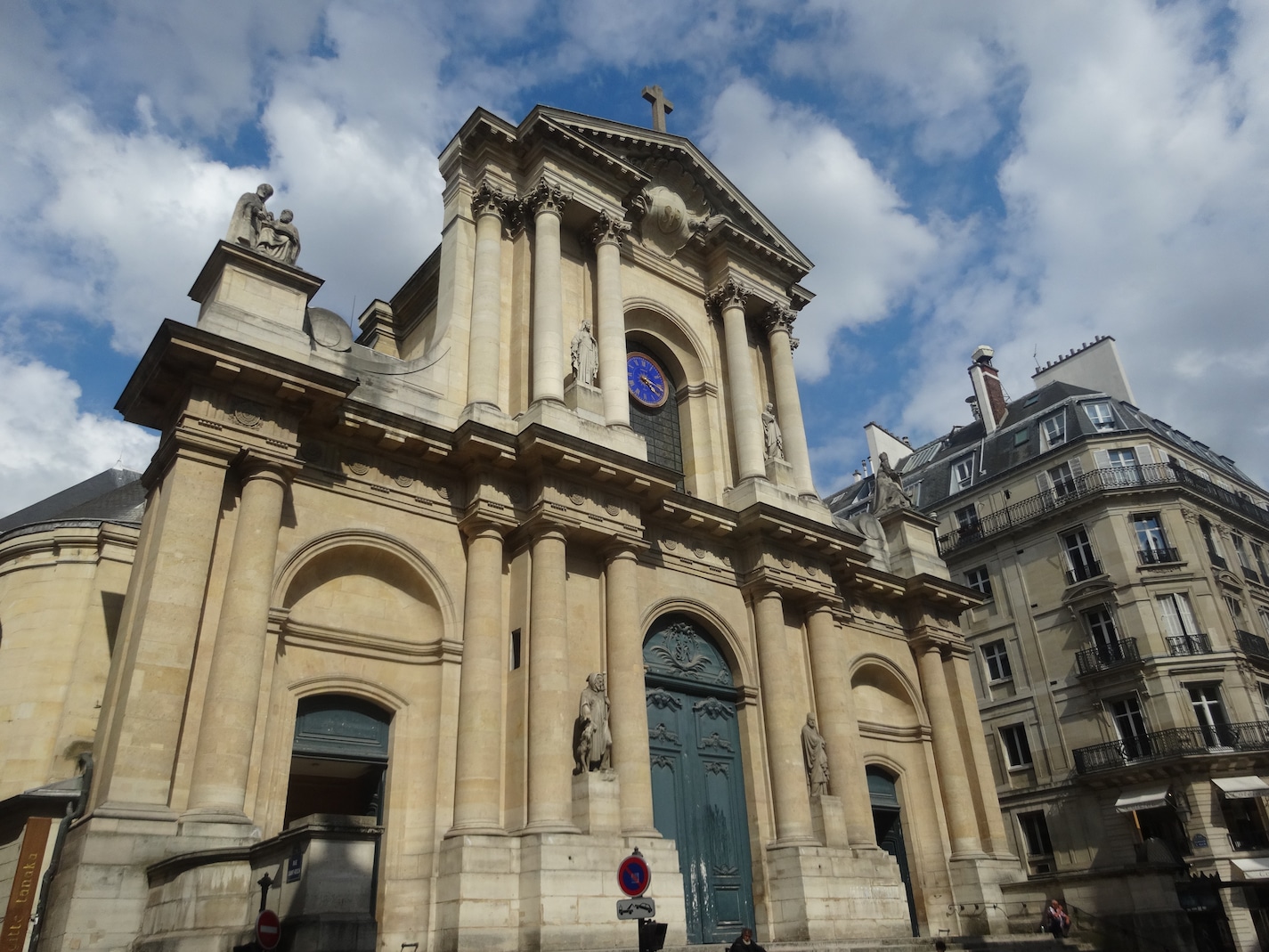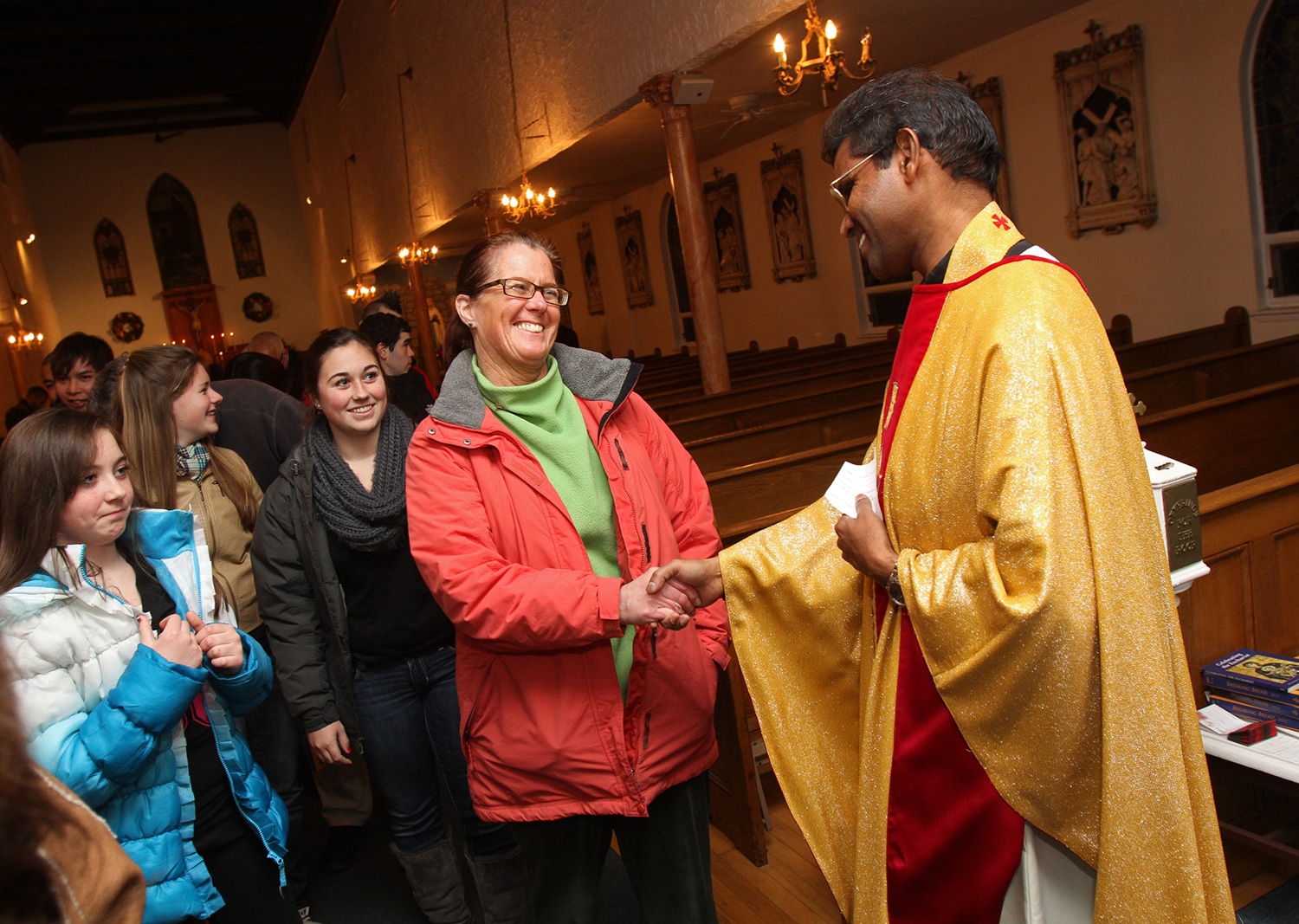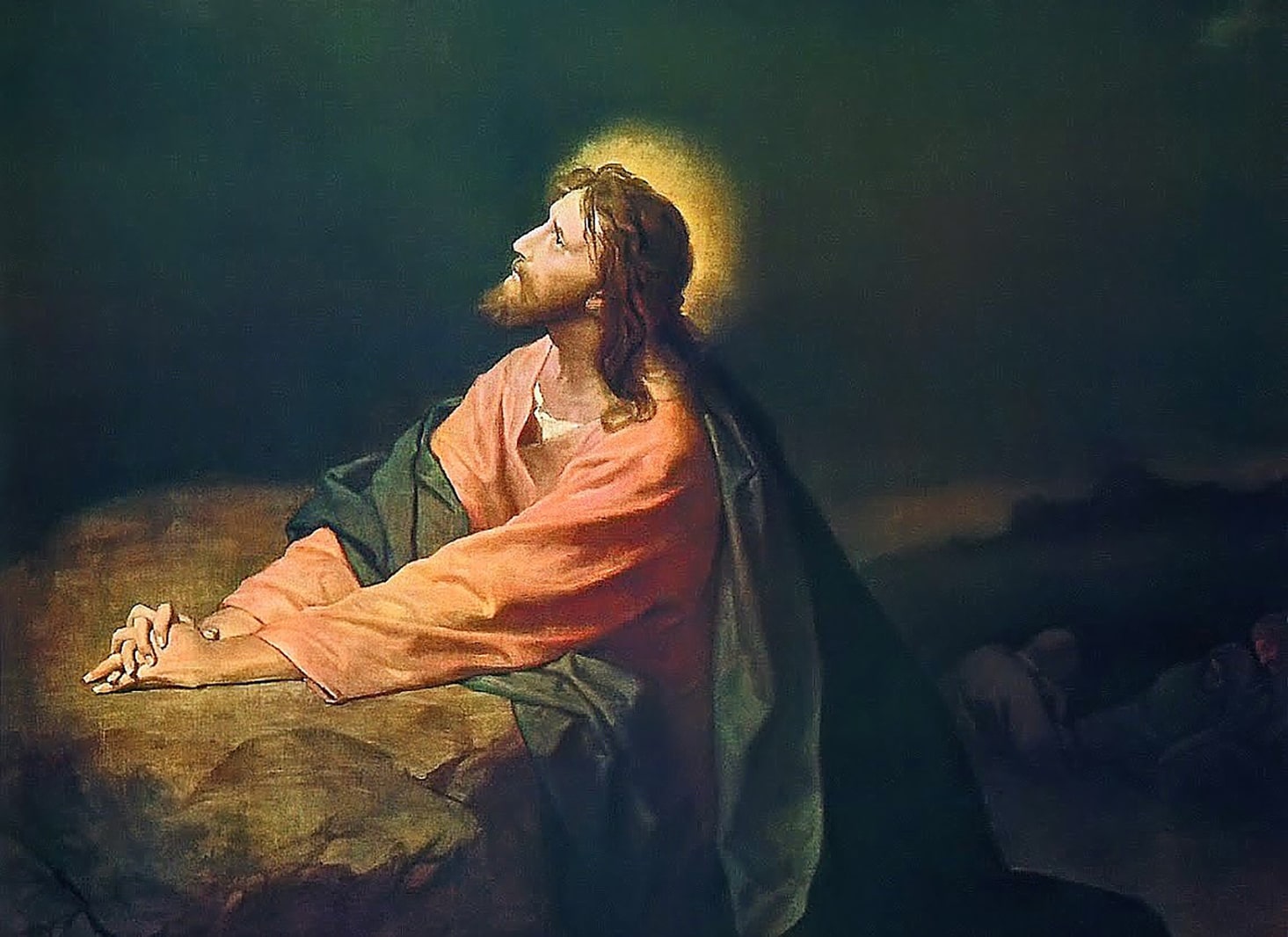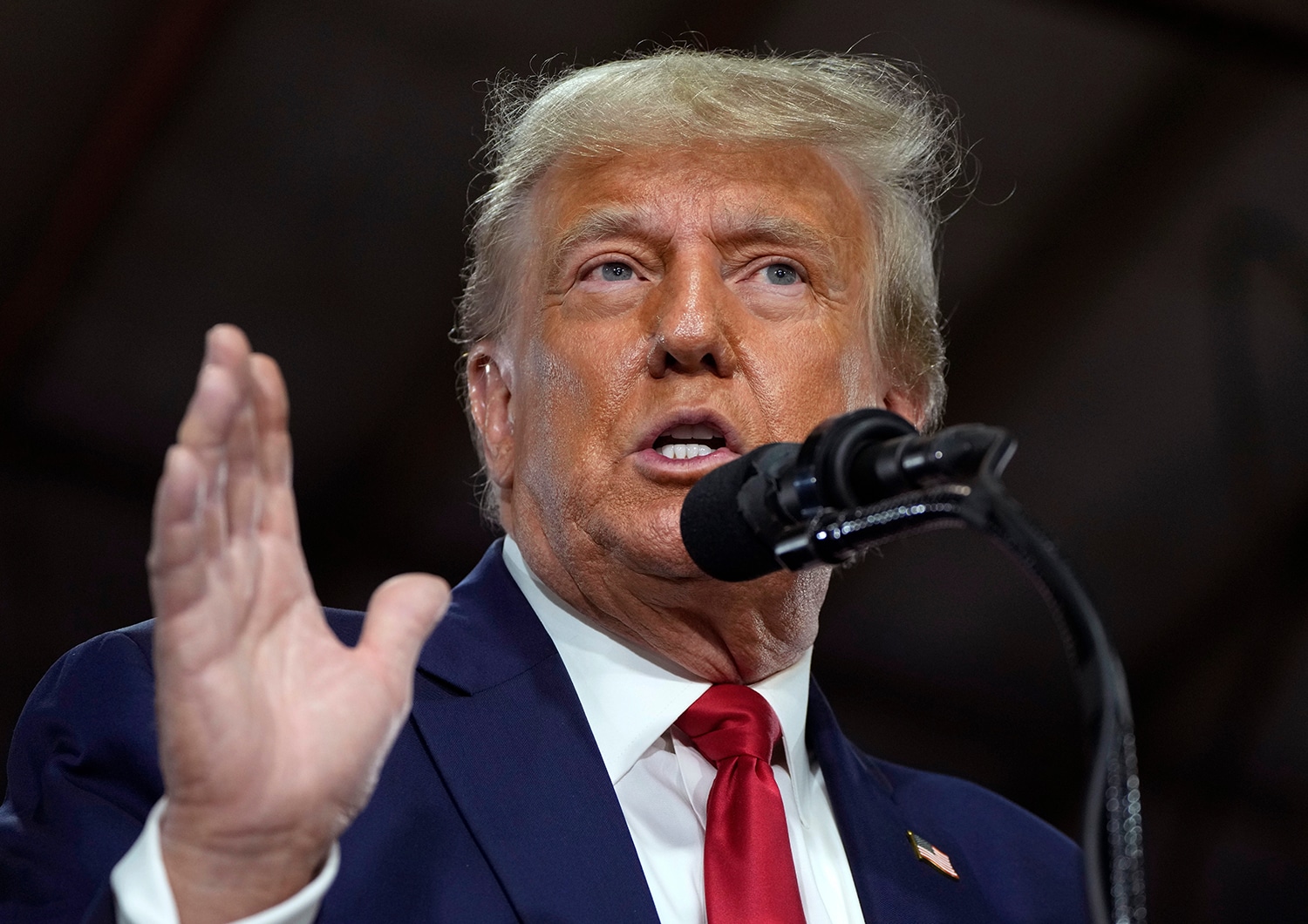Magnificent Catholic churches are everywhere in Paris. Tourists make it a point to visit Notre Dame cathedral — scheduled soon for reopening after the catastrophic fire that almost destroyed it — the great Basilica of Sacre Coeur (Sacred Heart), and the exquisite La Madeleine (St. Mary Magdalene) church.
St. Roch’s Church, an artistic jewel built 500 years ago, is not that often visited, despite being an active parish with five Masses presently scheduled every Sunday.
Few Americans see St. Roch’s. This is a pity. It has special significance for Americans and especially for American Catholics.
Inside the church is buried Admiral Francois Joseph de Grasse. Before its high altar, in 1774, occurred the Catholic marriage of Marie-Josèphe de Motuier — the Marquis de Lafayette — and Adrienne de Noailles.
Without de Grasse, Lafayette and other Catholics, the United States would not exist.
Catholic mettle, American ideals
Every American knows the story. Britain ruled Eastern North America. Wanting their own government and their own nation, the people in this area declared their independence from Britain on July 4, 1776.
The British sent the then most powerful military on earth to restore London’s rule. The locals formed their own army, under George Washington, but the odds were against the rebels.
Then France, one of the other great powers, joined and generously supported the Americans, sending thousands of French soldiers to fight. They did not fight because they were Catholics, but almost all of them were professing Catholics.
Some were devout, others not, but French involvement showed that Catholicism was not at odds with American ideals.
When the British and the Americans fought at Yorktown, Virginia, in the fall of 1781, Britain needed reinforcements and supplies that were on the way.
Commanding the French fleet, Admiral de Grasse intercepted the British ships bearing the needed reinforcements. Without these reinforcements, Britain surrendered. American independence was secured.
Washington had been a soldier once, after a fashion, but he chiefly was a farmer. His “army” was amateur, untrained and ill-equipped.
Lafayette, a most competent French army officer, offered his services to Washington. His talents in organization and tactics were indispensable to the American cause.
Catholics, be proud
People did not forget these French Catholics. They named Louisville, Kentucky, for the French king at that time, Louis XVI, coincidentally a devout Catholic. Names of nine American counties and thirty-six cities and towns honor Lafayette.
An Irish immigrant, a Catholic, John Barry, now buried in a Philadelphia churchyard, organized the United States Navy. Catholic nuns established hospitals across this country. As time passed, millions upon millions — literally — of Americans learned to be productive and to be loyal citizens in Catholic schools, from kindergartens to great universities.
Beginning with the Revolution, Catholics eagerly fought for this country. Untold thousands died in combat.
American Catholics made themselves legendary in caring for the poor and troubled. Their inventions improved industry. Their artistry enriched the culture. Their lives demonstrated honesty, service to others, decency and high purpose.
This country would be poorer, and weaker, indeed not even on the map, were it not for professing Catholics, so many of them influenced by their religion.
In a word, Catholics earned a place in this society and the right to speak about national life.
Elections are underway. Catholic citizens have so much to offer, with their Church’s perspectives on abortion, capital punishment, welfare, the training of youth, voting rights and international relations.
Catholics believe that the Catholic Church echoes the Gospel of Jesus, and that history proves that no philosophy, or any individual person, has been more effective than the Gospel in strengthening human lives and in making life better for all.
Voicing these perceptions imposes nothing on anyone. It serves the common good and is an act of patriotism, and by tradition and law it is every citizen’s personal, absolute and unqualified right.
In public discussions and soon in voting, Catholics, be proud, be confident, take a stand.







